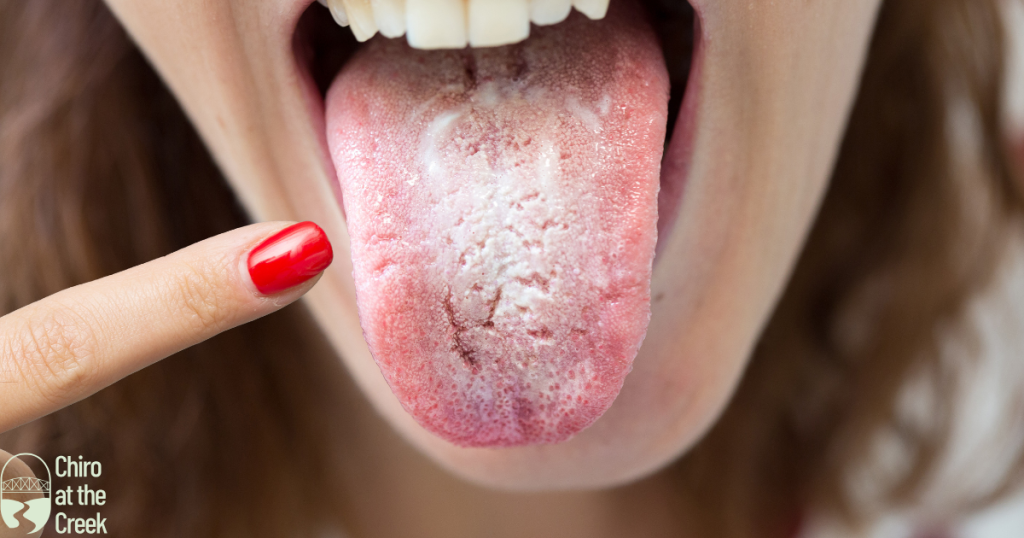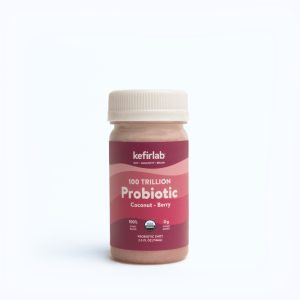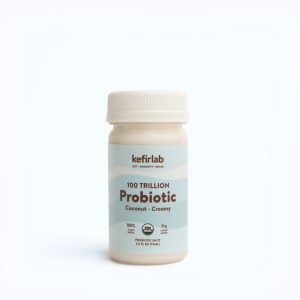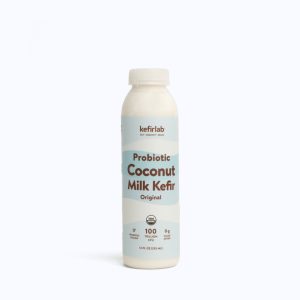Probiotics and Fungal Infections: A Comprehensive Review – ProbioticsX

Probiotics and Fungal Infections: A Comprehensive Review
Introduction: Understanding the Role of Probiotics in Fungal Infections
Fungal infections, such as candidiasis and dermatophytosis, are a significant global health concern affecting millions of individuals each year. Traditional treatment options for these infections often involve the use of antifungal medications, which can have side effects and contribute to the development of drug-resistant strains. As a result, there is a growing interest in exploring alternative approaches, such as probiotics, for the management of fungal infections.
Probiotics are live microorganisms that, when administered in adequate amounts, confer health benefits to the host. While commonly associated with gut health, research has shown that probiotics can also play a crucial role in modulating the immune system and preventing the overgrowth of pathogenic fungi. By restoring the balance of the microbiota, probiotics can create an environment that is less favorable for fungal colonization and infection.
Mechanisms of Action: How Probiotics Combat Fungal Infections
Probiotics exert their antifungal effects through various mechanisms. Firstly, they compete with pathogenic fungi for nutrients and adhesion sites, preventing their colonization and subsequent infection. Additionally, probiotics produce antimicrobial substances, such as organic acids and bacteriocins, which directly inhibit the growth of fungi. These antimicrobial compounds create an inhospitable environment for fungal pathogens, further reducing their ability to cause infection.
Furthermore, probiotics have been shown to modulate the immune response, enhancing the body’s defense against fungal infections. They stimulate the production of antimicrobial peptides and cytokines, which help to eliminate fungal pathogens and promote tissue repair. Probiotics also regulate the production of inflammatory mediators, reducing the excessive inflammation often associated with fungal infections.
Efficacy of Probiotics in Treating Fungal Infections: A Review of Clinical Studies
Numerous clinical studies have investigated the efficacy of probiotics in treating fungal infections, with promising results. For instance, a randomized controlled trial involving patients with vulvovaginal candidiasis found that oral administration of Lactobacillus acidophilus and Lactobacillus rhamnosus significantly reduced the recurrence rate of infections compared to the placebo group. Similarly, a meta-analysis of multiple studies concluded that probiotics, particularly strains of Lactobacillus and Saccharomyces, were effective in preventing and treating oral candidiasis in immunocompromised individuals.
Probiotics have also shown potential in the management of dermatophytosis, a common fungal infection of the skin, hair, and nails. A study involving patients with tinea pedis, a type of dermatophytosis affecting the feet, demonstrated that topical application of a probiotic cream containing Lactobacillus plantarum significantly reduced the severity and duration of symptoms compared to a placebo cream.
Future Directions: Exploring the Potential of Probiotics for Fungal Infection Management
While the existing research on probiotics and fungal infections is promising, further studies are needed to fully understand their potential and optimize their use. Future research should focus on identifying the most effective probiotic strains, determining optimal dosages and treatment durations, and investigating the potential synergistic effects of combining probiotics with conventional antifungal therapies.
Additionally, the role of probiotics in preventing fungal infections in high-risk populations, such as individuals with compromised immune systems or those on long-term antibiotic therapy, should be explored. Furthermore, the development of novel probiotic formulations, such as probiotic-loaded nanoparticles or biofilms, could enhance their efficacy and targeted delivery to the site of infection.
In conclusion, probiotics have emerged as a promising alternative for the management of fungal infections. Their ability to modulate the microbiota, produce antimicrobial substances, and regulate the immune response makes them a valuable tool in combating fungal pathogens. Clinical studies have demonstrated their efficacy in preventing and treating various fungal infections, including vulvovaginal candidiasis and dermatophytosis. However, further research is needed to optimize their use and explore their potential in high-risk populations. With continued investigation, probiotics may revolutionize the field of fungal infection management, offering safer and more effective treatment options.




